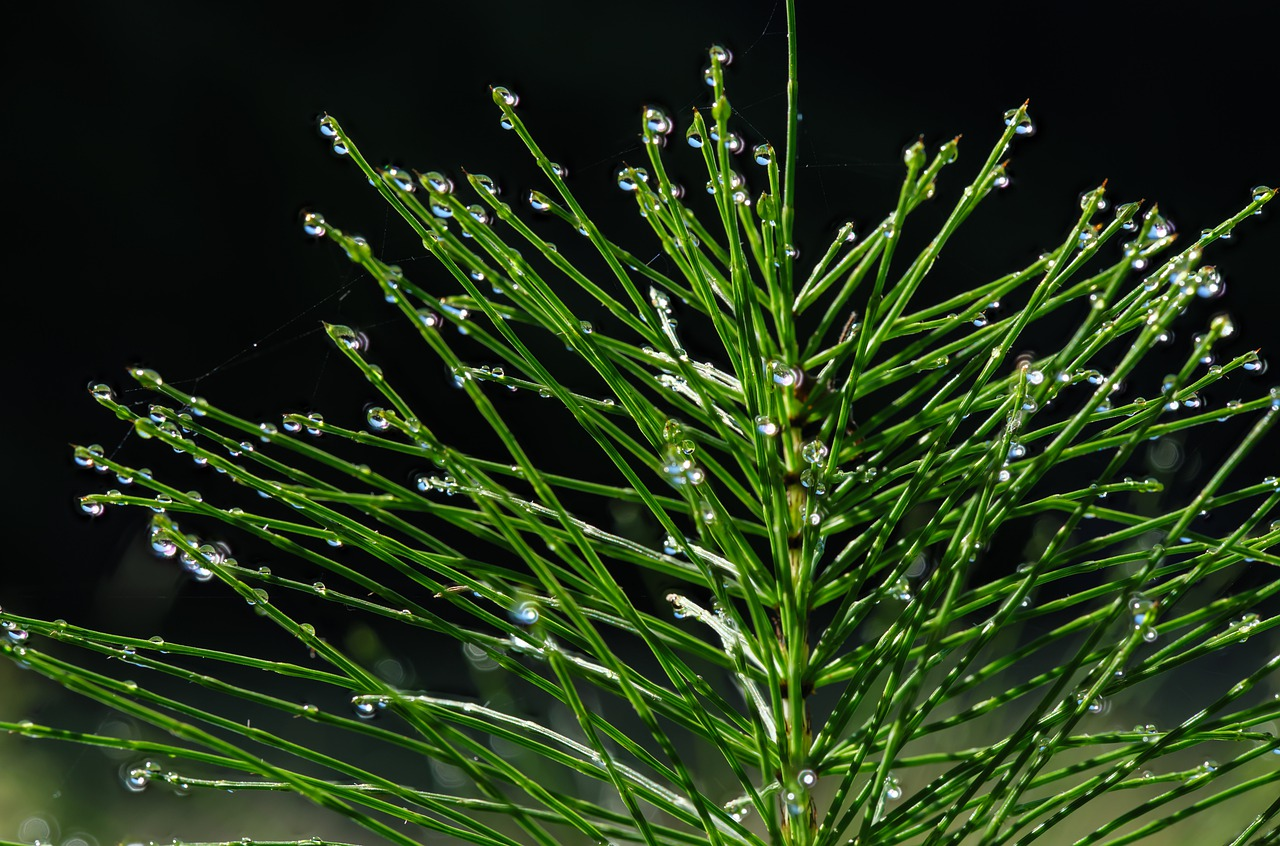
How to Make Horsetail Tea for Plants: Benefits, Uses & Recipe
For many gardeners, horsetail is an annoying weed. However, the plant has many valuable ingredients that make it a valuable medicinal plant. Not only is it beneficial for humans, it can also strengthen your plants in the bed and protect them naturally from diseases and so-called pests. Horsetail broth is also a good fertilizer for your plants. Instead of fighting horsetail, you can make horsetail broth or tea from it. In this article, you can find out how works and how to use the brew in the garden.
This Article Contains:
Quick Overview
Effect of Field Horsetail
- Used to strengthen plants against pests and diseases, especially fungal diseases such as powdery mildew and sucking insects
- has a positive effect on plants, mainly due to its high silica content (silica strengthens cell tissue)
- Preventive effect and only has a limited effect in the event of an infestation
Recipe: Making Horsetail Tea
- Collect 100 - 150 g/3.5 - 5.3 fl. oz. fresh or 30 - 50 g/1 - 1.8 fl. oz. of dried above-ground plant parts per 1 L/2.1 pt of water
- Chop up the plant parts and soak in water; simmer for another 15 - 30 minutes after 1-3 days; strain
- If you need it quickly, you can also make horsetail tea: simply pour hot water over it and leave to infuse for 15 to 20 minutes; strain
- Application: spray undiluted or diluted with rainwater every 2 to 3 weeks; if there is an infestation, spray several times a day for several days in a row
Benefits of Field Horsetail
Field horsetail (Equisetum arvense L.) is a subspecies of the horsetail family (Equisetaceae). The herb is known by many names: Horsetail, field horsetail, horsetail-grass, cat's-tail, shank hay, panhandle and scabious. Horsetail is the most common type of horsetail in Germany and can be found in many gardens. This makes it all the more practical that it has many valuable ingredients such as silicic acid, saponins and nutrients such as potassium, magnesium and calcium. You can dissolve these ingredients in a decoction, broth or tea and use their effects in your garden.
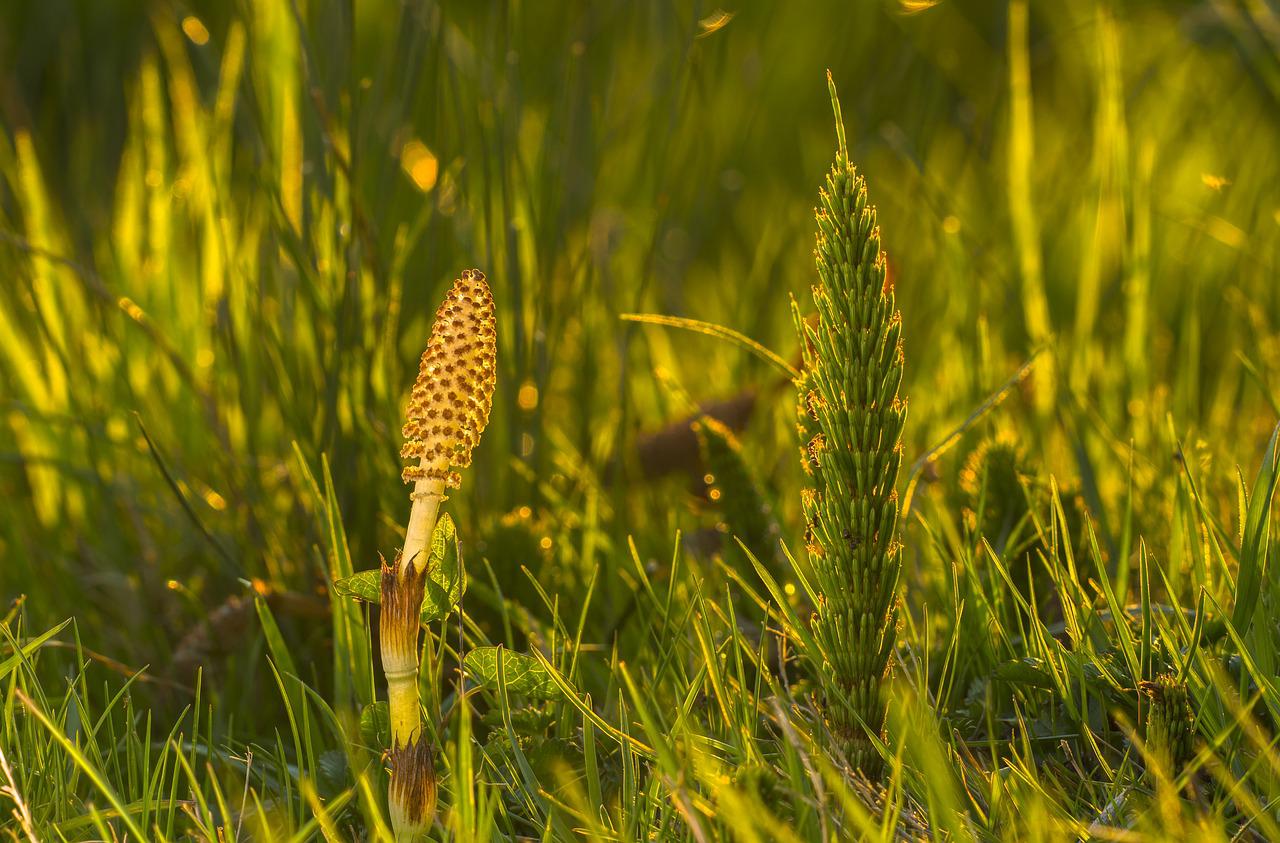
Prevent Pests & Diseases With Horsetail Tea
Horsetail decoction or tea is mainly used by gardeners to strengthen plants against pests and thus as preventive plant protection. When extracted with water, mainly silicic acid dissolves in the water. The silicic acid is mainly responsible for the effect of the shaft neck broth. This acid strengthens the cell tissue of the plants, making it more difficult for pathogens and diseases to infect the plants. Horsetail broth can help prevent fungal diseases and sucking pests such as aphids in particular.
Horsetail Helps With These Diseases & Pests:
- Powdery and Downy Mildew
- Gray mold
- Star sooty mold
- Scab
- Curl disease
- Late Blight and Brown Rot
- Rust fungi
- Monilia diseases such as Monilia tip drought or Monilia fruit rot
- Leaf spot diseases such as dry spot disease, leaf blight or white spot disease
- Red spider mite
- mites
- Leek moth
- Aphids
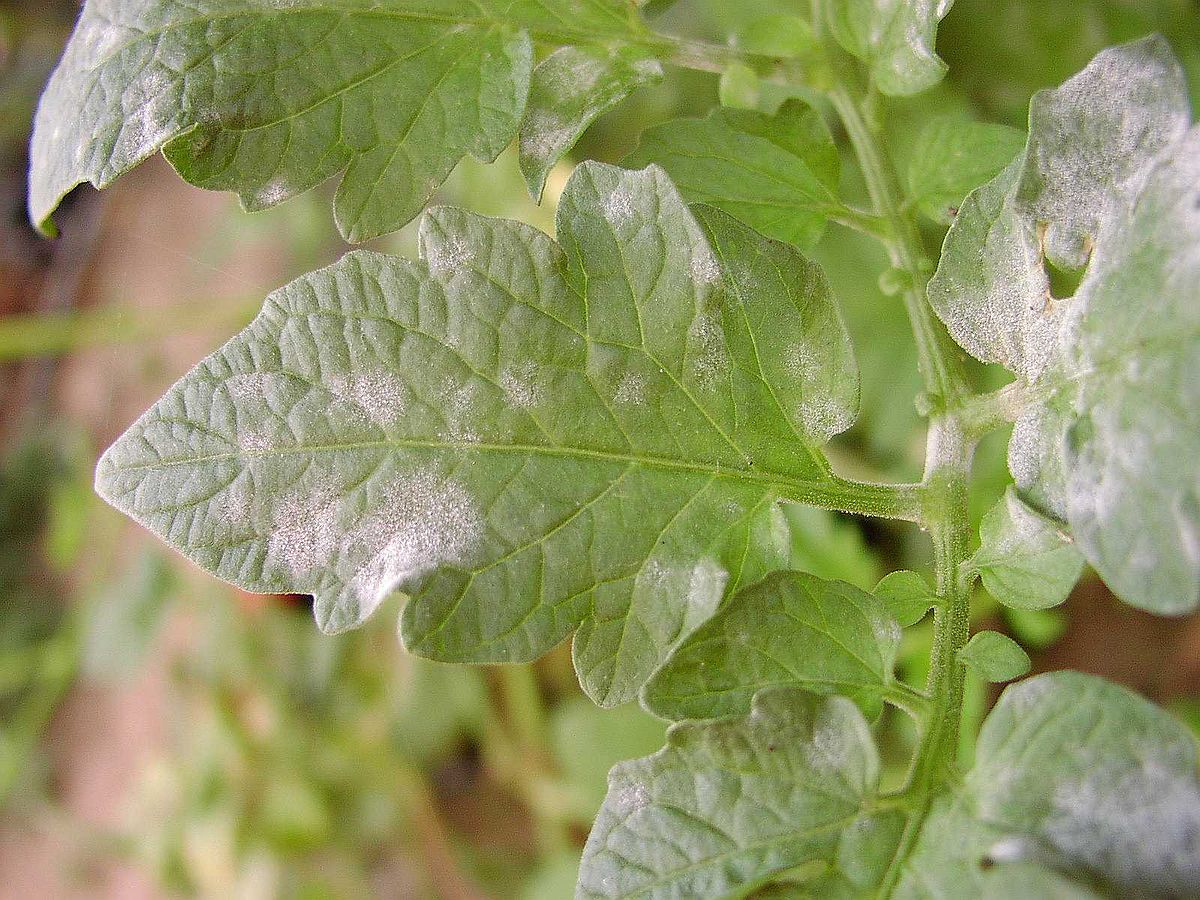
The effect of such plant extracts and also of slurries is generally still controversial and should always be accompanied by additional crop protection measures (pheromone traps, glue rings, money boards, etc.). Especially when plants are already diseased, horsetail broth is only of limited help. However, if you recognize the infestation or disease early and act immediately, you may still be able to save diseased plants! Unfortunately, there is no guarantee.

Share Ideas With Other Gardeners!
To exchange ideas with other gardeners and benefit from their experience, you can visit our Fryd community. Maybe someone has already grown horsetail and can give you some tips.
Join Our CommunityMake Your Own Horsetail Tea: A Recipe
What You Need:
- 100 - 150 g/3.5 - 5.3 fl. oz. fresh or 30 - 50 g/1 - 1.8 fl. oz. dried horsetail
- 1 L/2.1 pt of water
- saucepan
- sieve
- optional: cotton cloth
Tip: Horsetail likes to grow and thrive on damp forest or meadow edges and can also be found in many gardens.
Instructions for Horsetail Broth:
- Collect the green above-ground parts of the horsetail. Harvest the stems by the end of July to use them fresh or to dry them, as the silica content decreases when they become woody.
- Horsetail decoction: Chop up the plant parts and soak them in water for 1 - 3 days. Then boil for another 15 to 30 minutes. Then sieve out the plant parts and leave the brew to cool.
- Horsetail tea: If you're in a hurry, you can also simply brew the horsetail as a tea and leave to infuse for 15 to 20 minutes. Then strain, leave to cool and you're done.
- If you want to apply horsetail broth as a spray with a sprayer, you should sieve it through a cotton diaper beforehand. Otherwise the glands could become clogged with small plant parts.
If you don't have time to make your own horsetail extract, you can find it in organic quality in our Fryd store! Here you will also find numerous other plant extracts, such as nettle, which strengthen your plants and can be used as organic fertilizer!
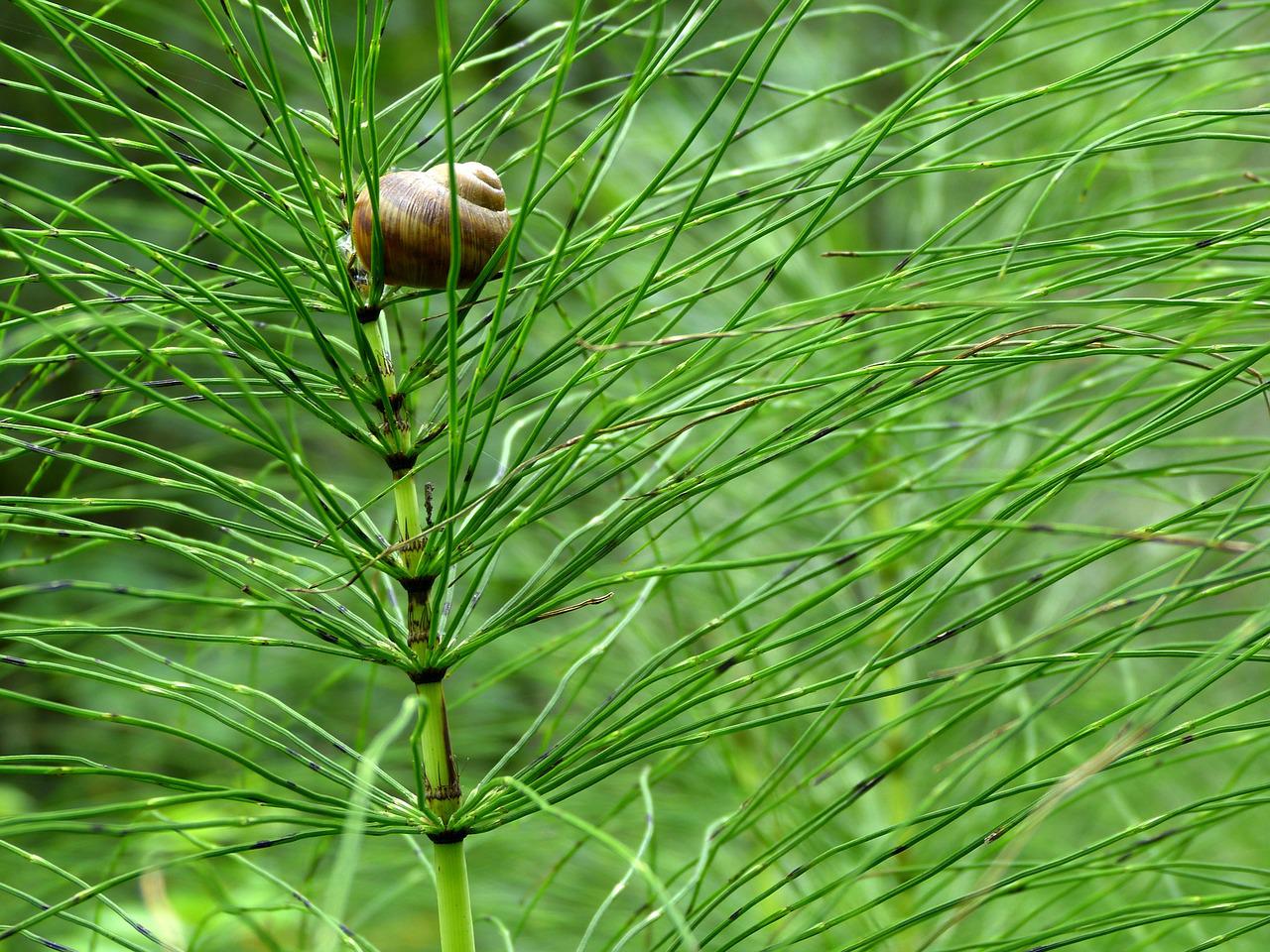
Shelf Life of Horsetail Tea
A decoction or tea of horsetail has a limited shelf life and should always be made fresh when needed. You can store the decoction/tea in a closed container for a few days, but then it will start to ferment at some point. This is not so tragic, because then you can simply use the product as a slurry. Due to the fermentation, the liquid manure also contains many microbes that revitalize the soil and thus indirectly improve the availability of nutrients in the soil. Plant liquid manure is therefore generally better suited as a fertilizer than a broth!
Horsetail Decoction/Tea: Use in the Garden
| Horsetail Decoction | Horsetail Tea |
|---|---|
| undiluted or diluted with rainwater in a ratio of 1:5 for pest control and soil care | diluted with rainwater in a ratio of 1:10 - 1:20 as preventive plant protection and foliar fertilization |
Tips for Use as a Spraying Agent:
- As a plant strengthener for preventive plant protection against pests: repeat application every 2 to 3 weeks, as horsetail decoction mainly has a preventive effect (especially against fungi and sucking pests such as aphids)
- In case of a light infestation: remove diseased plant parts and dispose of in the household waste; treat the plant several times a day for several days in a row
- Is mainly sprayed on the above-ground parts of the plant(foliar spraying); if necessary also on the soil (as fertilizer)
- Spray inthe morning in sunny weather without rain, otherwise the decoction or tea may be washed away by the rain (if necessary, spray horsetail extract again after rain)
Horsetail as a Fertilizer
Horsetail teas and decoctions are mainly used as foliar sprays to strengthen plants. A horsetail slurry is more suitable for fertilizing with horsetail. This is because a slurry dissolves more of the ingredients, especially nutrients! You can find out How to Make and Use a Plant Slurry in our article using the example of a nettle slurry.
You can find more Tips on Using Plant Teas and Decoctions in the article on plant tonics. In addition to organic plant tonics such as plant juices, teas and decoctions, this also covers inorganic agents such as Rock Flour. You can also make your own extract from compost or humus. You can find instructions for Compost Tea in the article on this topic.
If you have any questions or comments, please write to us at [email protected].
Would you like to receive helpful gardening tips all year round and plan your own beds optimally? Then register here or download the Fryd app for Android or iOS.
Fryd - your digital bed planner
Cover picture by Andreas on Pixabay

Marie
Marie is an agronomist. She is particularly interested in the sustainable and organic cultivation of vegetables and other plants. In her own garden, she gained experience and likes to try things out to learn from nature. She is particularly interested in the values and principles of permaculture, in order to contribute not only to the well-being of nature, but also to the well-being of people and future generations.
Learn MoreCurrent Topics in the Community
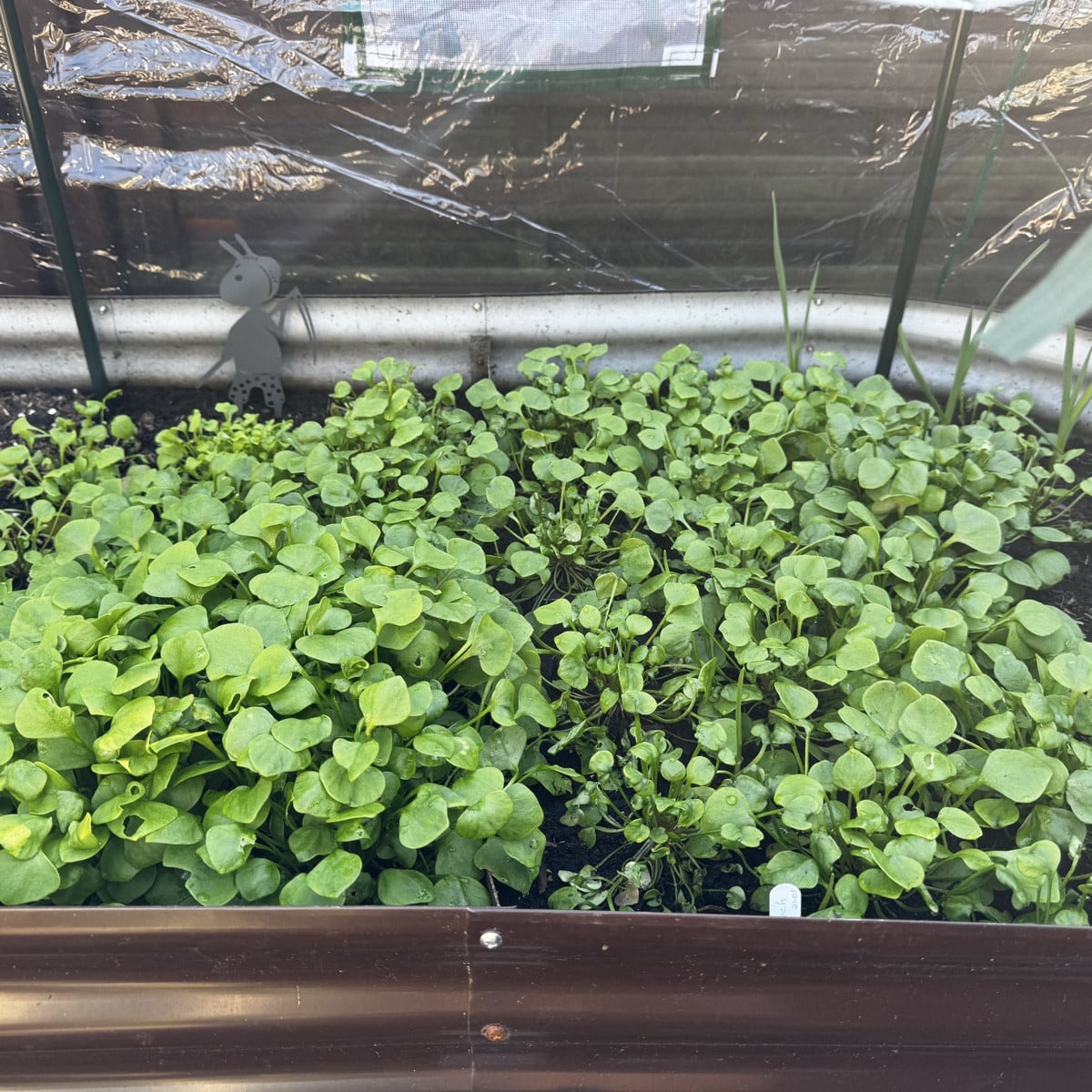
My purslane has seeded itself all on its own—the little plants have sprouted all over the garden. 😅 I collected lots of them and planted them, and today they're coming fresh from the garden straight onto our plates. 🌿
Liked 1 times
Like everyone else, I'm incredibly impatient and looking forward to getting started. Preparations are currently underway... This year, I want to plant Mayberries (Siberian blueberries) and, as I already mentioned, kiwis. Do I really have to wait until mid-March? Or can I start already :-)?
Show 2 answers
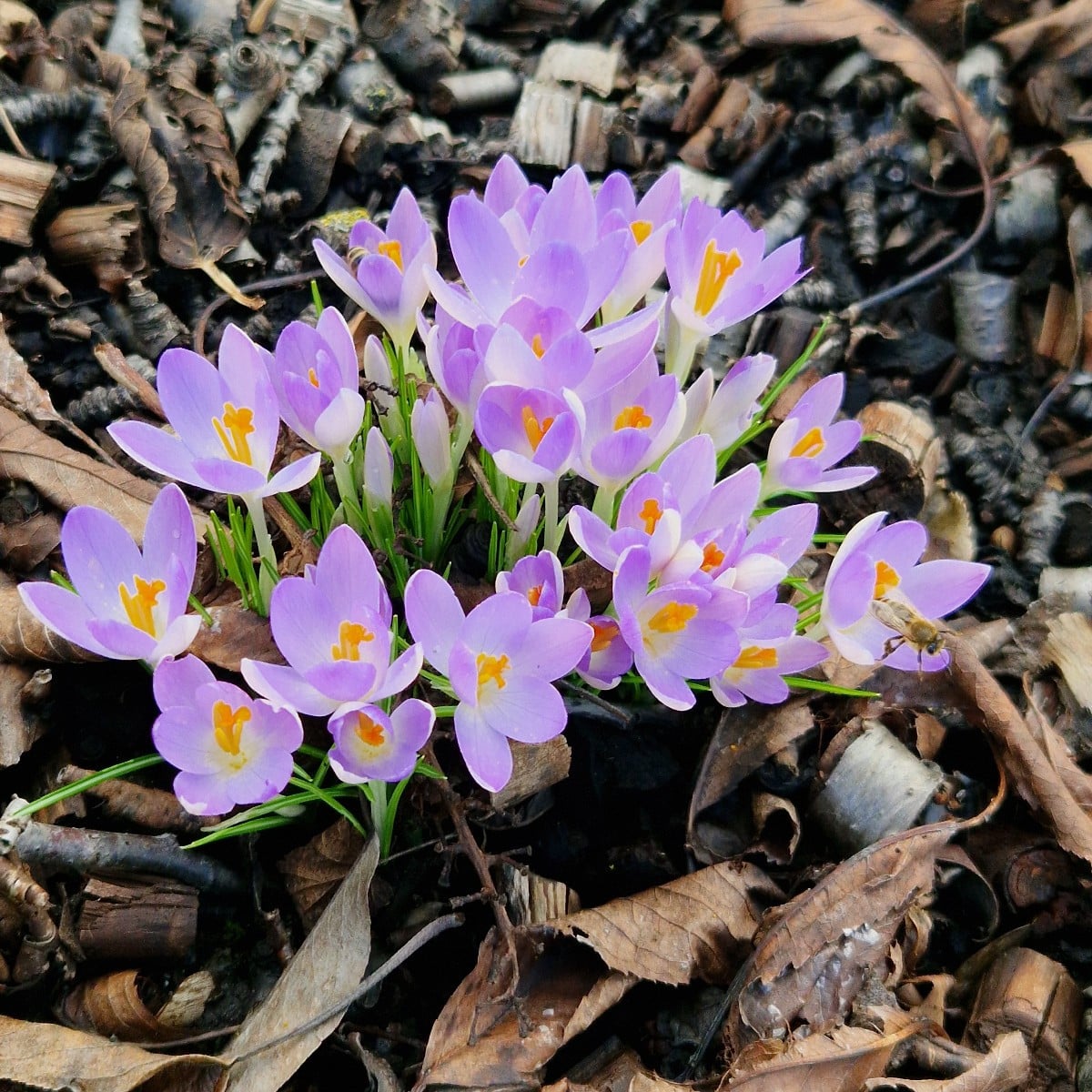
Liked 16 times
The first warm rays of sunshine don't just wake up the bees. They wake me up too! I'm looking forward to the gardening season!
Popular Articles
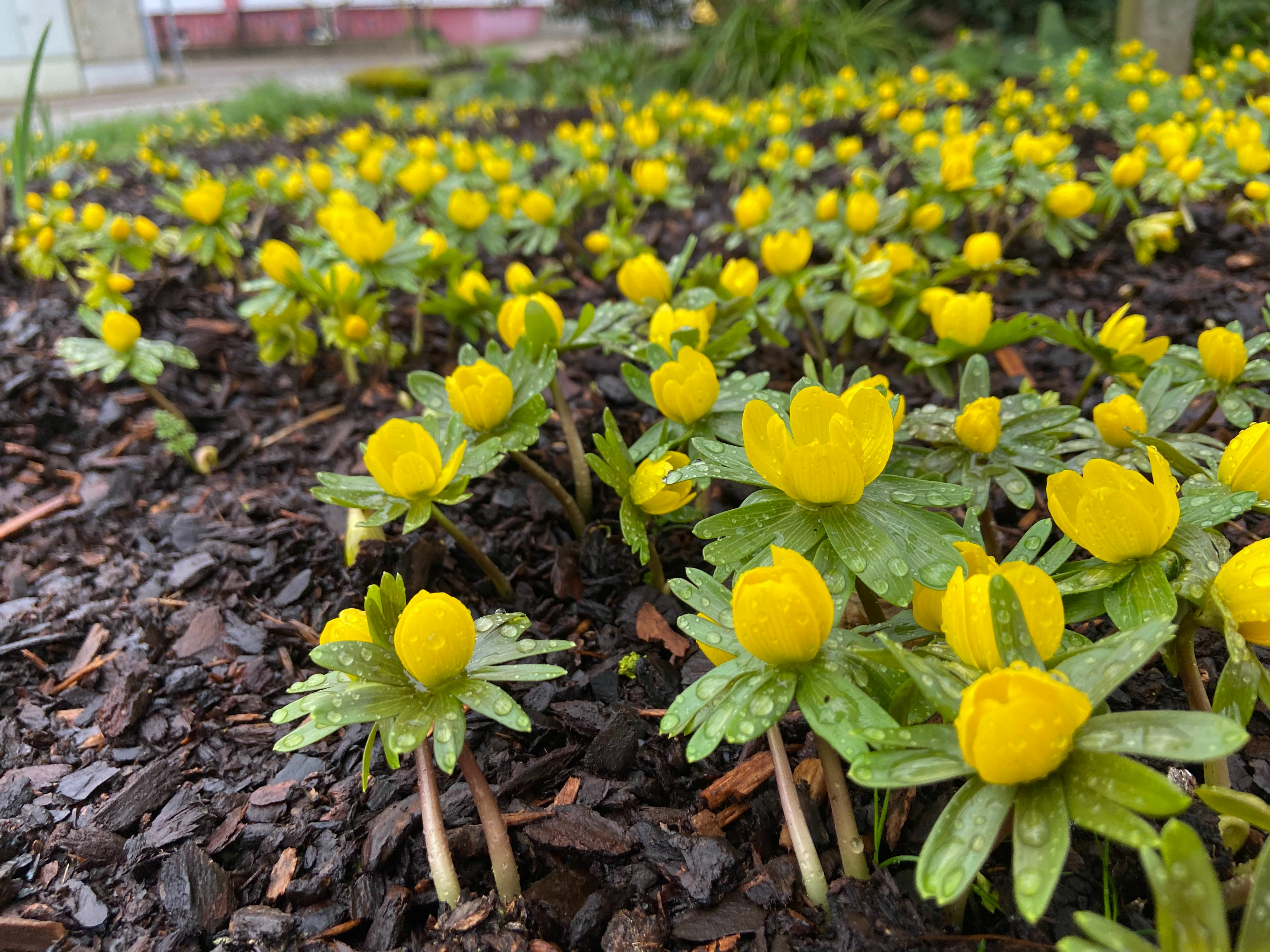
Gardening in March: Preparation & Cultivation
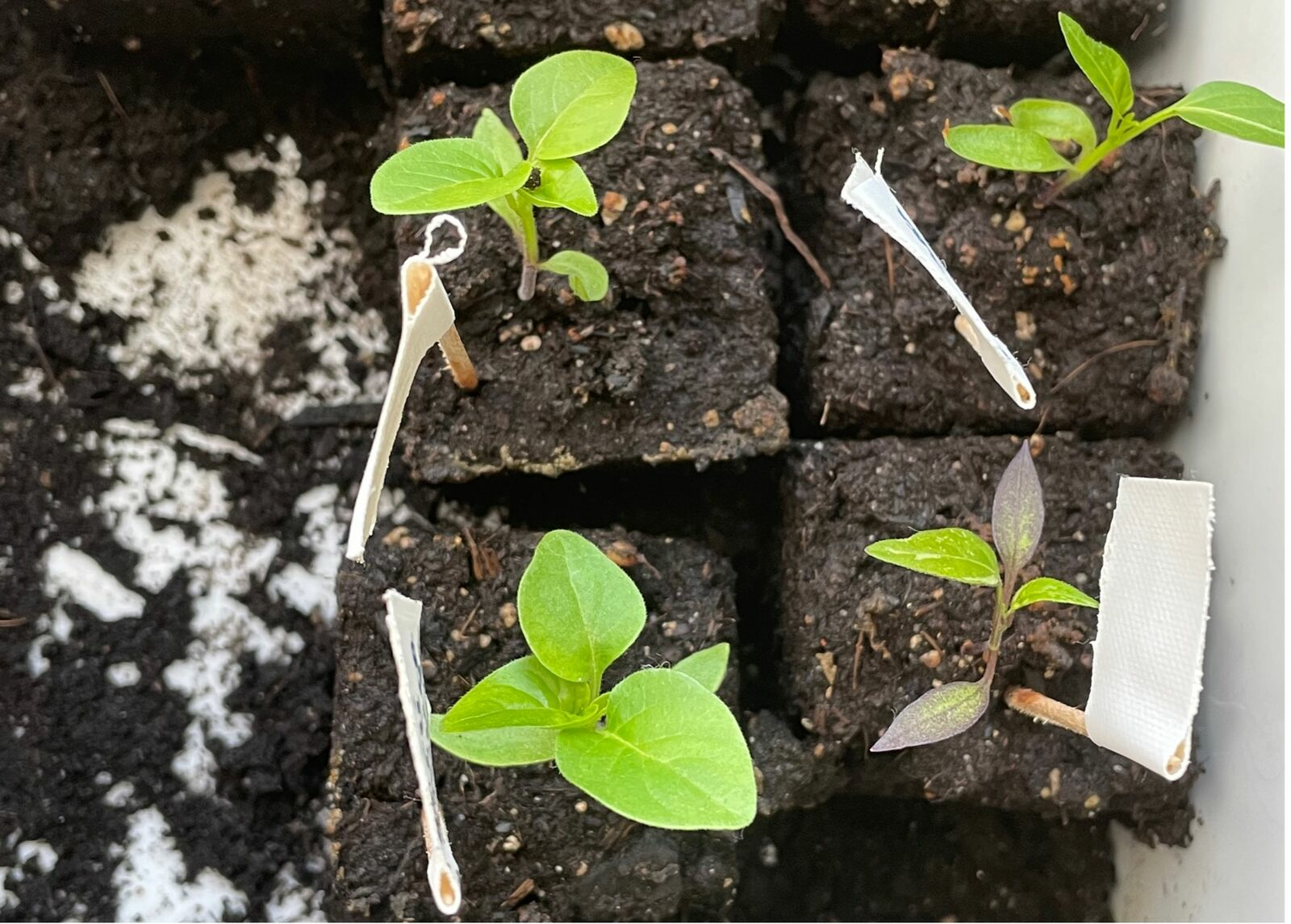
Propagating Peppers/Chillies: How to Grow Them Successfully
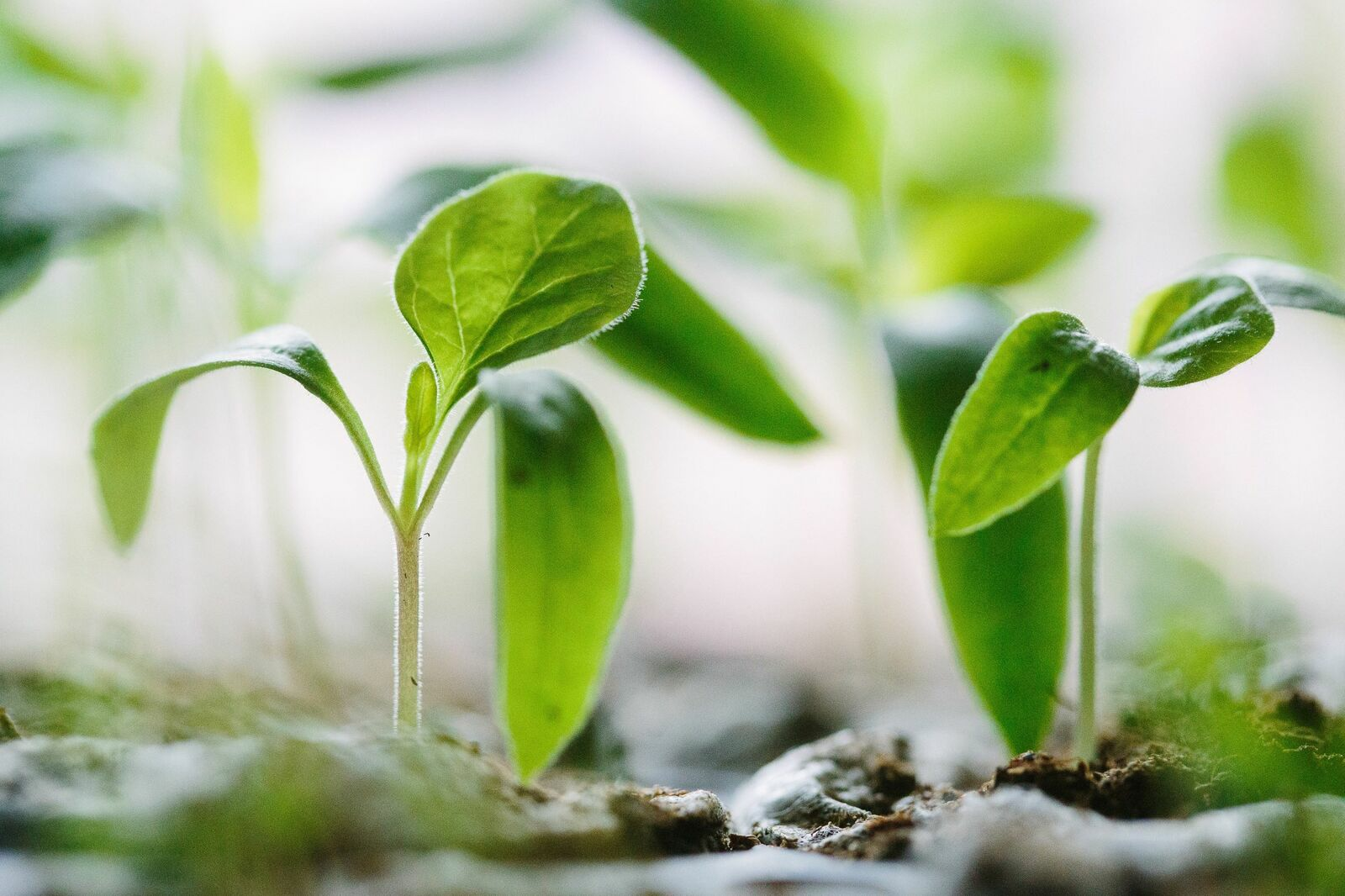
Cultivation or Direct Sowing: When and Which Vegetables to Propagate?
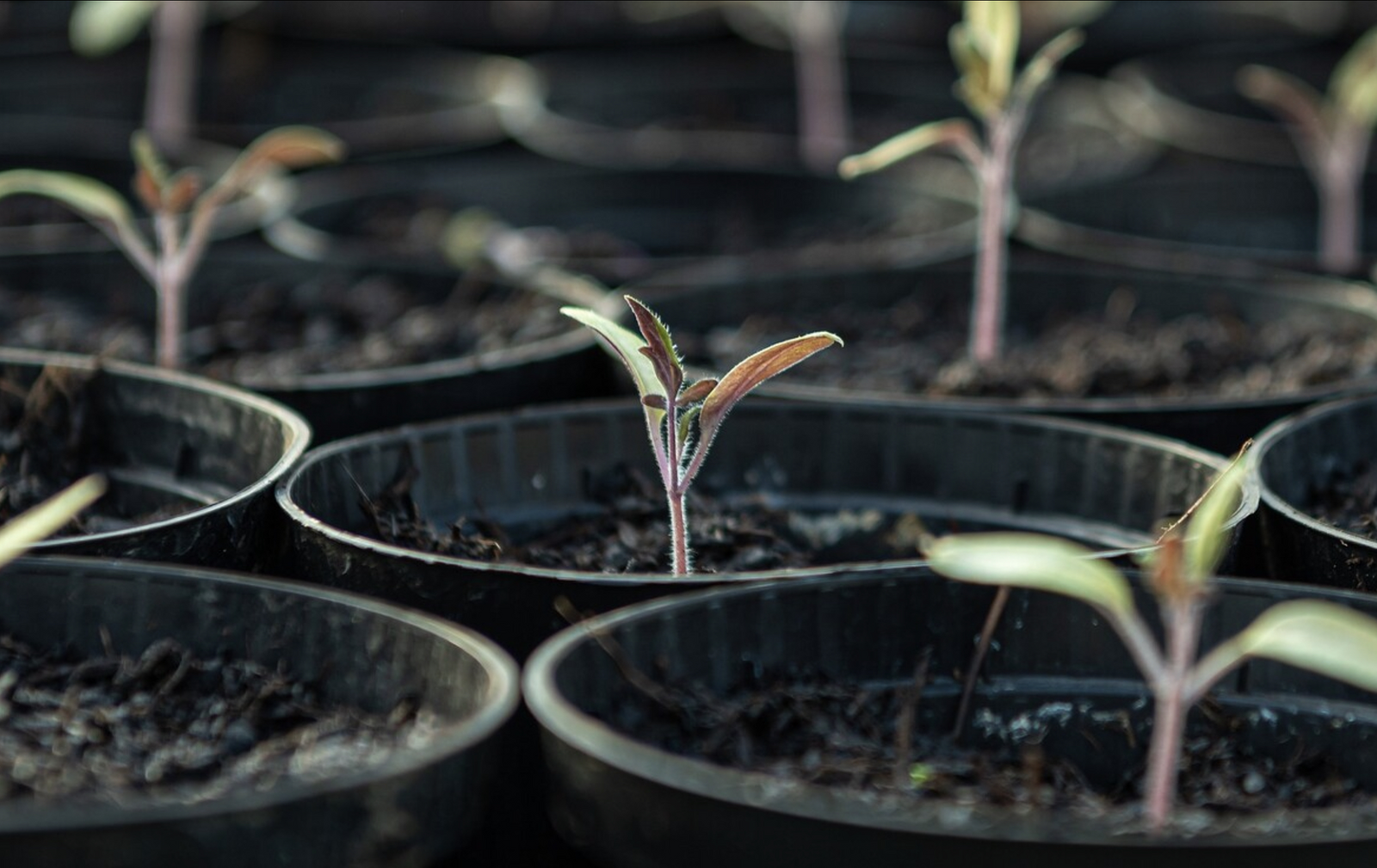
Sowing and Propagating Tomatoes: This Is How It Works
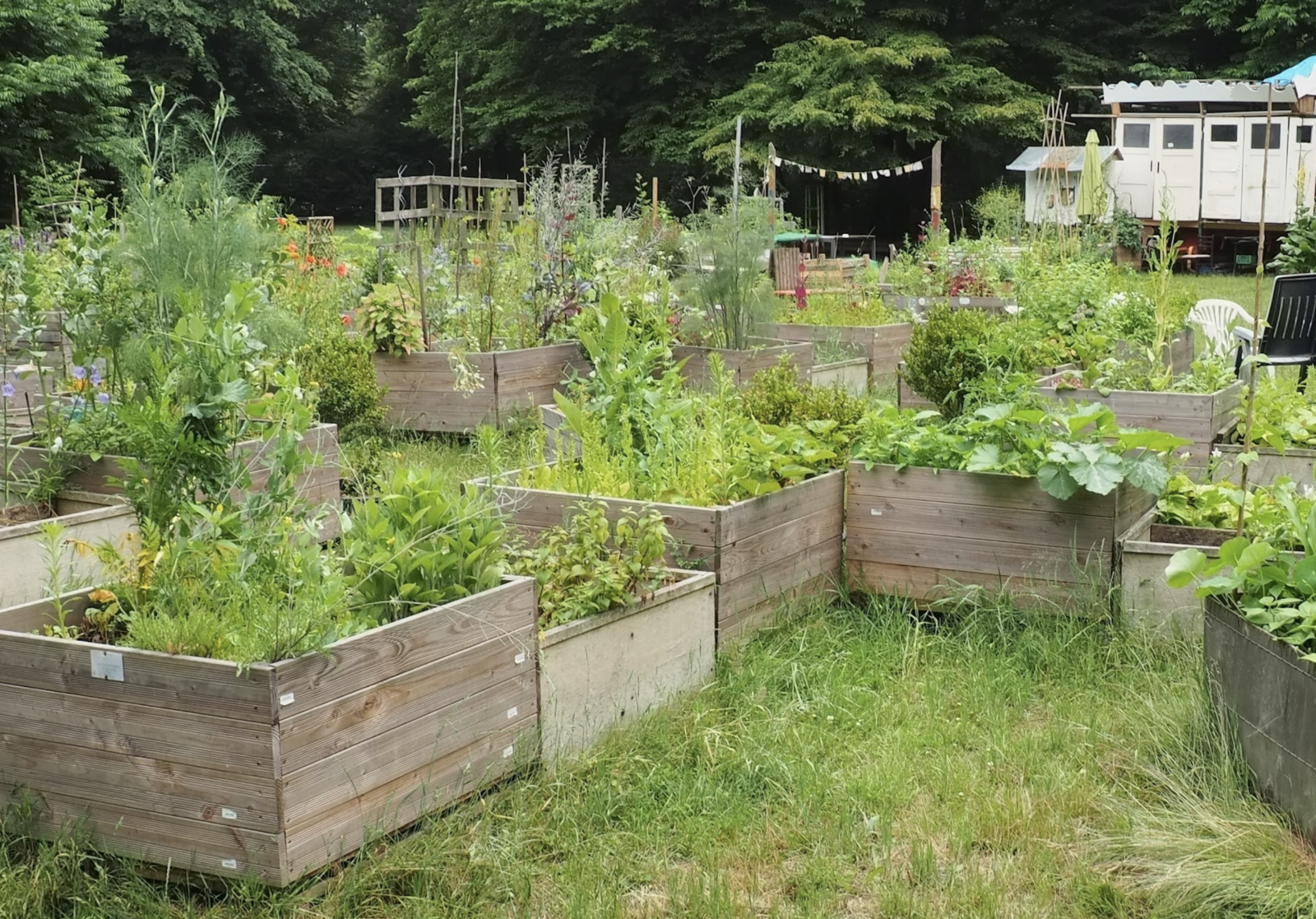
Raised Beds: Your Planting Plan for a Year
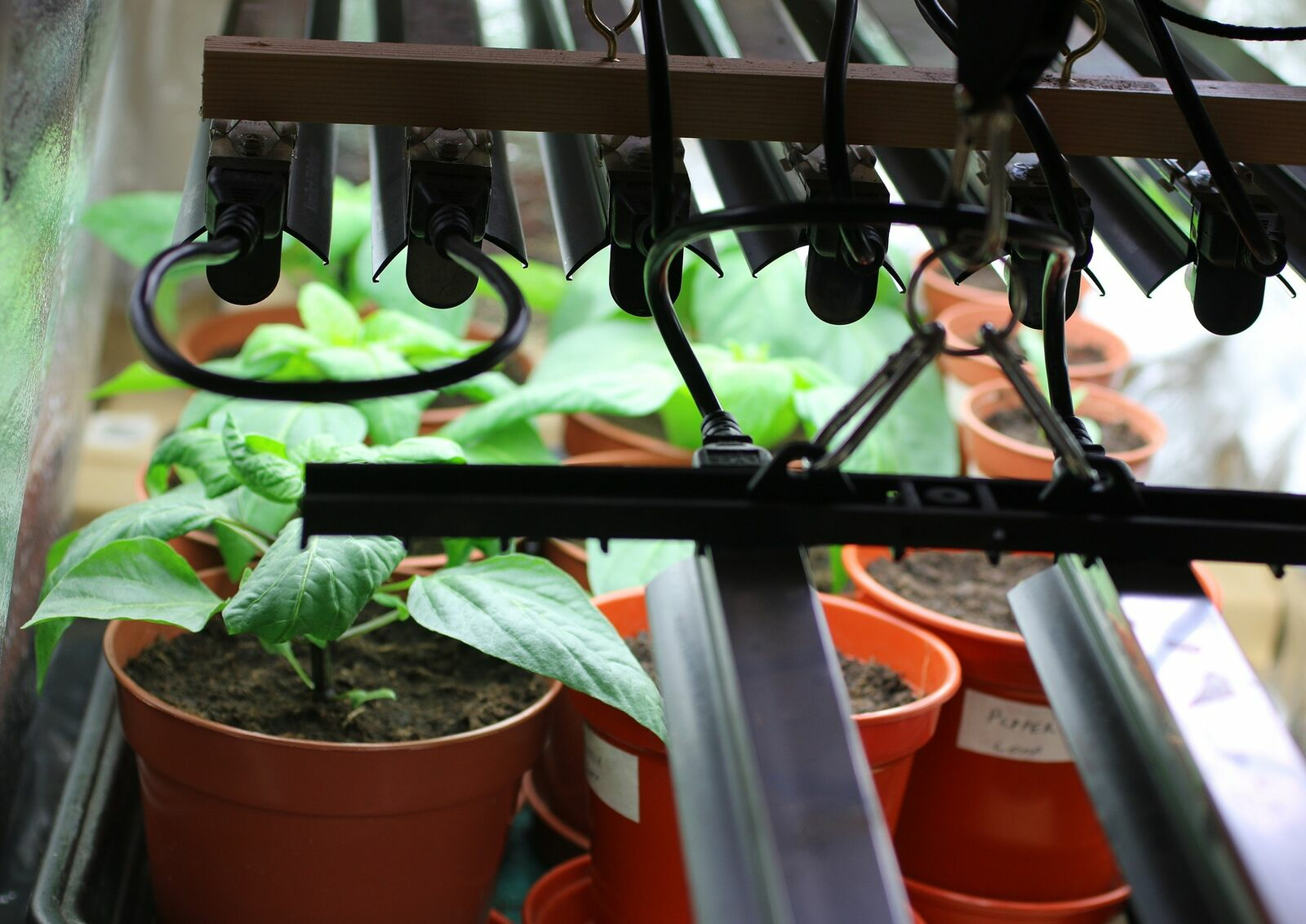
Plant Lights for Growing and Overwintering Plants
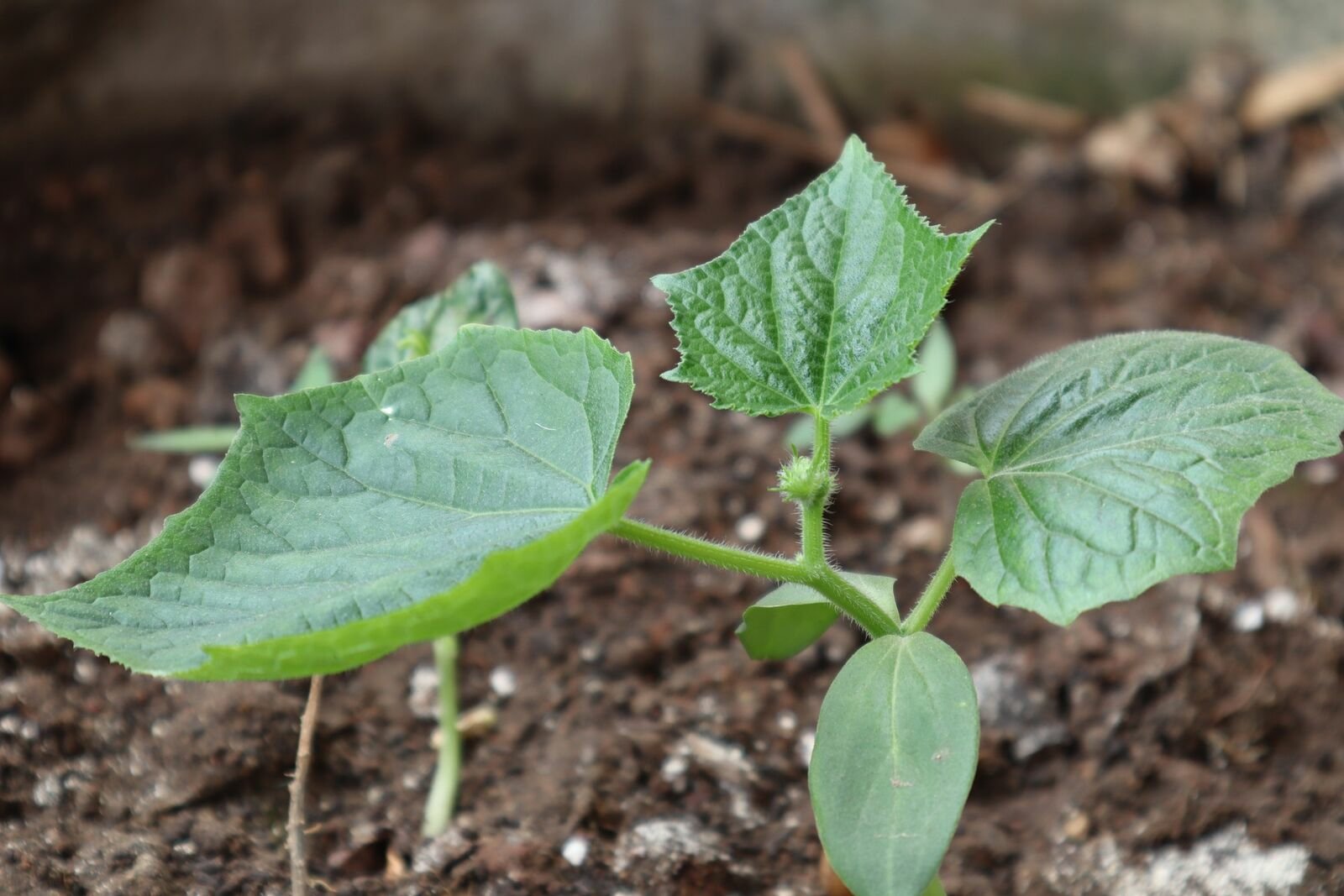
Growing Cucumbers Seedlings in Pots: Tips for Propagation
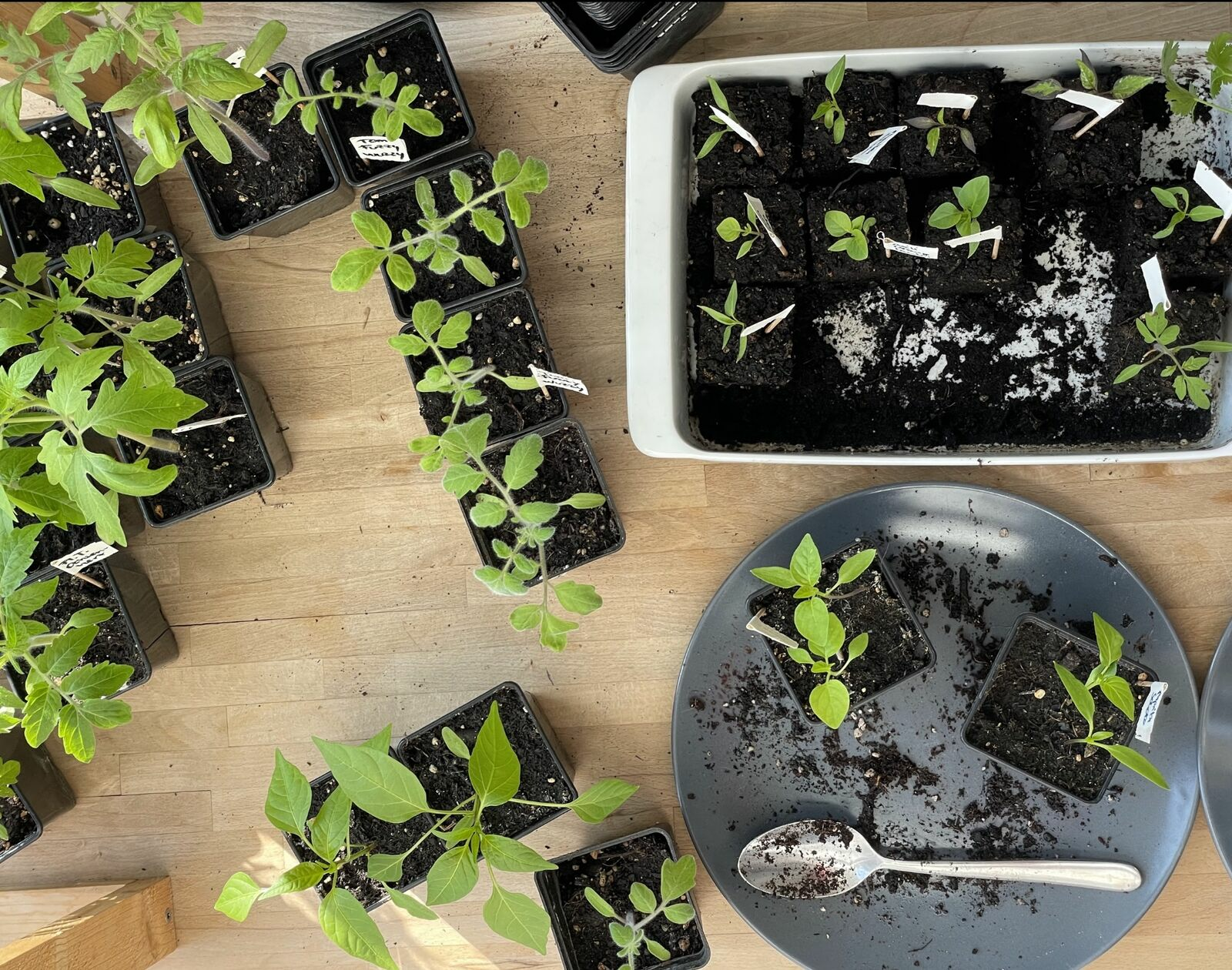
Pricking Out Vegetable Plants: Tips and Instructions
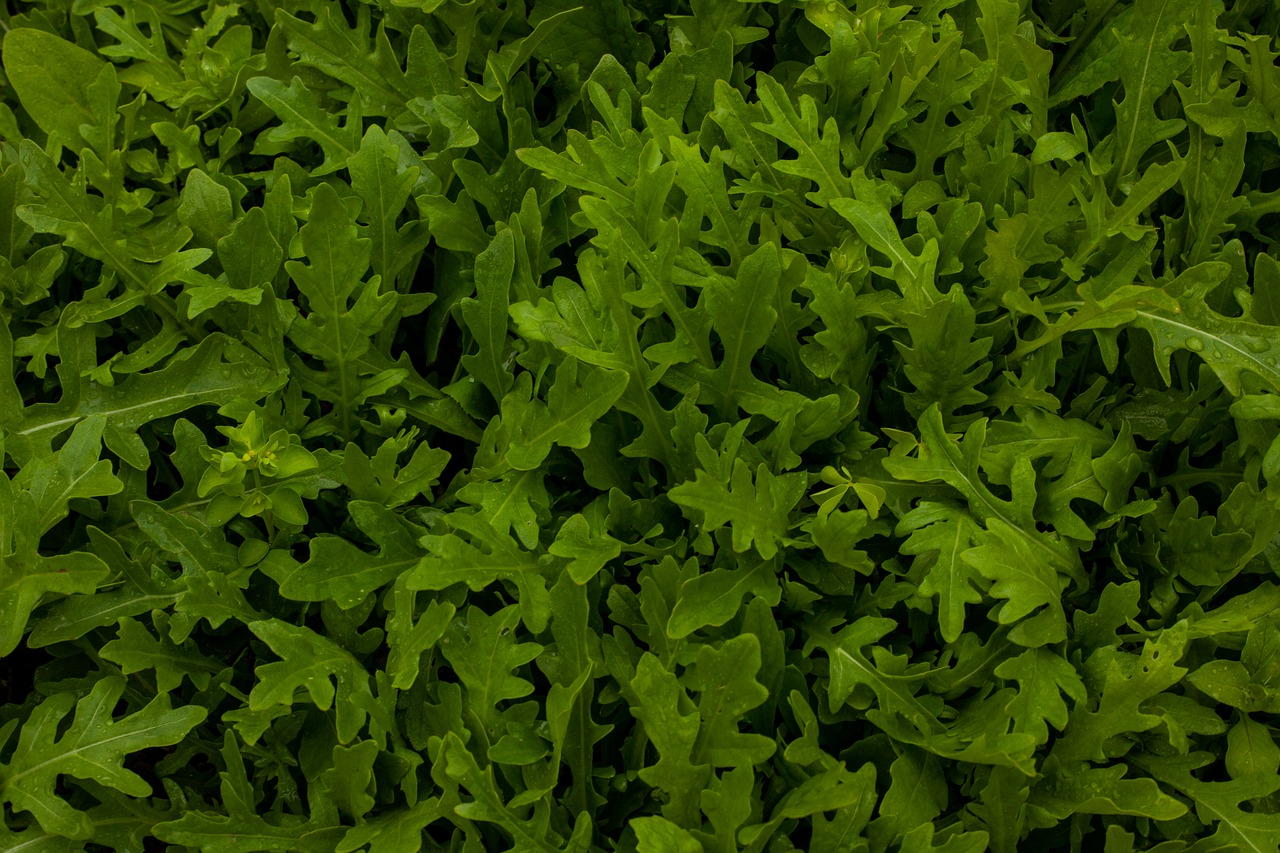
Growing & Harvesting Rocket: Good & Bad Companion Plants
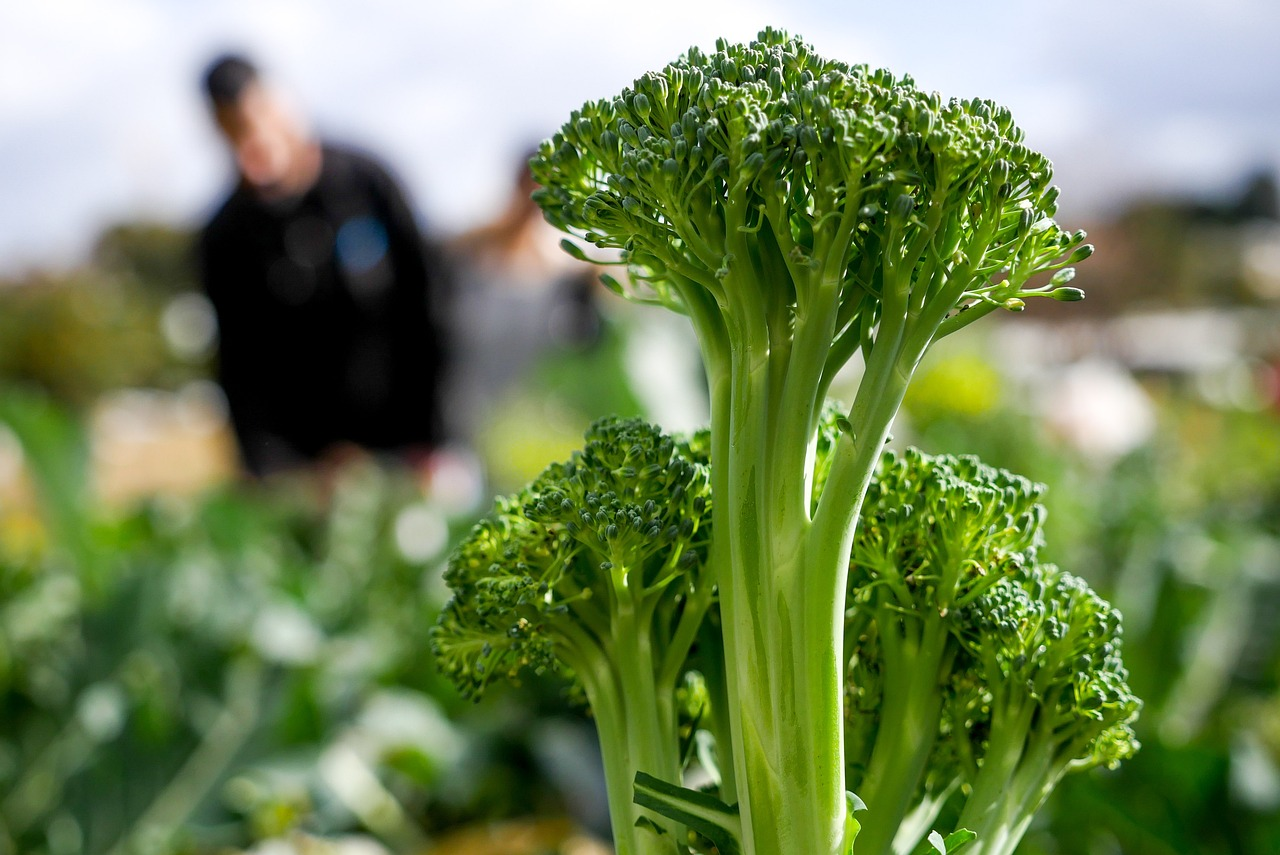
How to Grow Broccoli: Tips for Cultivation
FAQ
What does horsetail decoction do in the garden?
It strengthens plants against pests and diseases, especially fungal diseases, and promotes resistance through silicic acid.
How do you make horsetail broth?
You need 100 - 150 g/3.5 - 5.3 fl. oz. fresh or 30 - 50 g/1 - 1.8 fl. oz of dried horsetail per 1 L/2.1 pt of water, which is soaked and then boiled.
How do you use horsetail decoction?
Spray undiluted or diluted, every 2 to 3 weeks or more frequently if infested. Read more in the article.
What is the shelf life of horsetail broth?
A decoction has a limited shelf life and is best used fresh. A slurry has a longer shelf life.